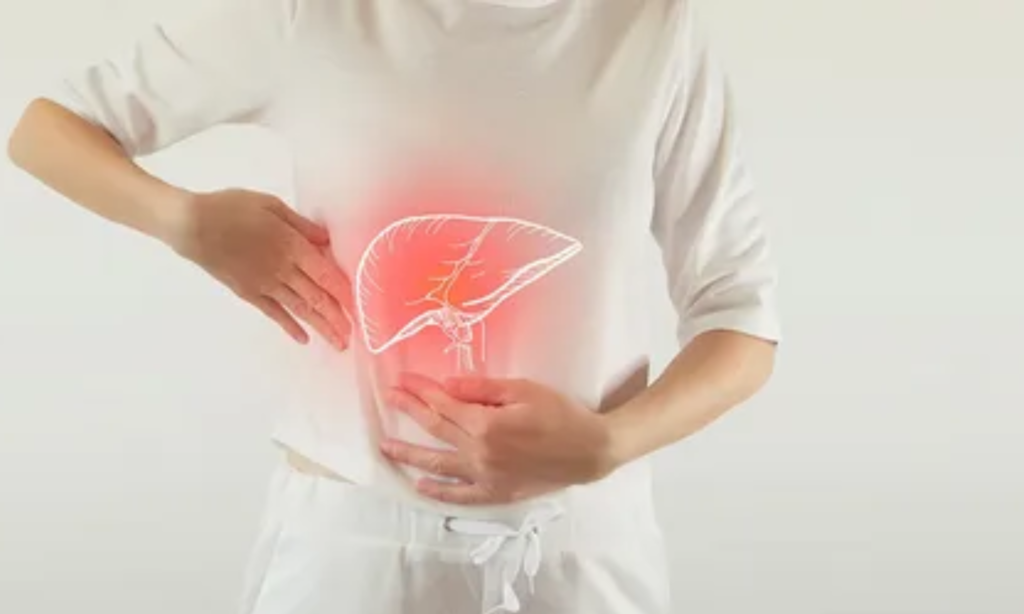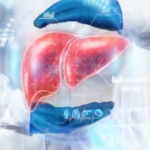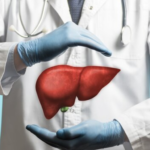
Chronic liver disease is a serious medical condition that affects millions of people worldwide. It covers a spectrum of liver conditions, including cirrhosis, hepatitis, and fatty liver disease. While various factors contribute to the development of chronic liver disease, one significant and preventable cause is the excessive use of alcohol and other substances. In this blog, we will explore the profound impact of alcohol and substance use on chronic liver disease, delve into the mechanisms of liver damage, and discuss preventive measures and treatment options.
Understanding Chronic Liver Disease
Before delving into the impact of alcohol and substance use, it’s essential to understand what chronic liver disease entails. The liver, a crucial organ in the human body, plays a pivotal role in the detoxification, metabolism, and storage of essential nutrients. Chronic liver disease occurs when the liver sustains continuous damage over time, leading to inflammation, scarring (cirrhosis), and impaired liver function. Typical factors contributing to chronic liver disease comprise viral infections (like hepatitis B and C), autoimmune disorders, genetic anomalies, and excessive alcohol intake.
Alcohol and Liver Damage
Alcohol stands out as a significant contributor to chronic liver disease, especially prevalent in developed nations. When consumed in excess, alcohol can cause significant harm to the liver. The liver metabolizes alcohol, but excessive alcohol intake overwhelms its detoxification capacity, leading to the accumulation of toxins and oxidative stress. This process damages liver cells, triggers inflammation, and promotes the development of fatty liver disease, alcoholic hepatitis, and ultimately, cirrhosis.
Substance Use and Liver Health
In addition to alcohol, certain substances can also impact liver health. For instance, illicit drugs like heroin, cocaine, and methamphetamine can directly damage liver cells and impair liver function. Intravenous drug use further increases the risk of viral hepatitis infections, such as hepatitis B and C, which are notorious for causing chronic liver disease. Moreover, the misuse of prescription medications, especially those metabolized by the liver, can contribute to liver damage if not used as directed by healthcare professionals.
Mechanisms of Liver Damage
The mechanisms underlying alcohol and substance-induced liver damage are multifaceted. Alcohol metabolism produces toxic byproducts, such as acetaldehyde, which are harmful to liver cells and promote inflammation. Chronic alcohol exposure also disrupts lipid metabolism, leading to the accumulation of fat in the liver (steatosis), a precursor to more severe liver conditions.
Similarly, substances like illicit drugs and certain medications can directly injure liver cells, impair bile production, and interfere with liver enzymes’ function. Additionally, the transmission of viral hepatitis through contaminated needles or unprotected sex contributes significantly to chronic liver disease burden worldwide.
Preventive Measures and Treatment
Preventing alcohol and substance-related liver damage begins with awareness and education. Individuals should be aware of the risks associated with excessive alcohol consumption and illicit drug use. Healthcare providers play a crucial role in educating patients about responsible drinking habits, harm reduction strategies for substance users, and the importance of regular liver function tests.
For individuals already diagnosed with chronic liver disease due to alcohol or substance use, treatment focuses on managing symptoms, preventing disease progression, and addressing underlying causes. Making lifestyle changes, including refraining from alcohol consumption and embracing a nutritious diet, is essential. Medications may be prescribed to manage complications like ascites (fluid buildup in the abdomen), hepatic encephalopathy (brain dysfunction due to liver failure), and portal hypertension.
Summary
The impact of alcohol and substance use on chronic liver disease cannot be overstated. Excessive alcohol consumption and substance misuse contribute significantly to liver damage, inflammation, and the progression of conditions like cirrhosis and hepatitis. Prevention through education, responsible drinking habits, and harm reduction strategies is crucial in mitigating these risks. For individuals already affected by chronic liver disease, timely intervention, lifestyle changes, and medical treatment can improve outcomes and quality of life.
Dr. Prasad Bhate, located in Baner, Pune, is the best Gastroenterologist specializing in liver diseases. Seeking professional guidance and adhering to recommended treatments can make a significant difference in managing chronic liver disease and promoting liver health.




